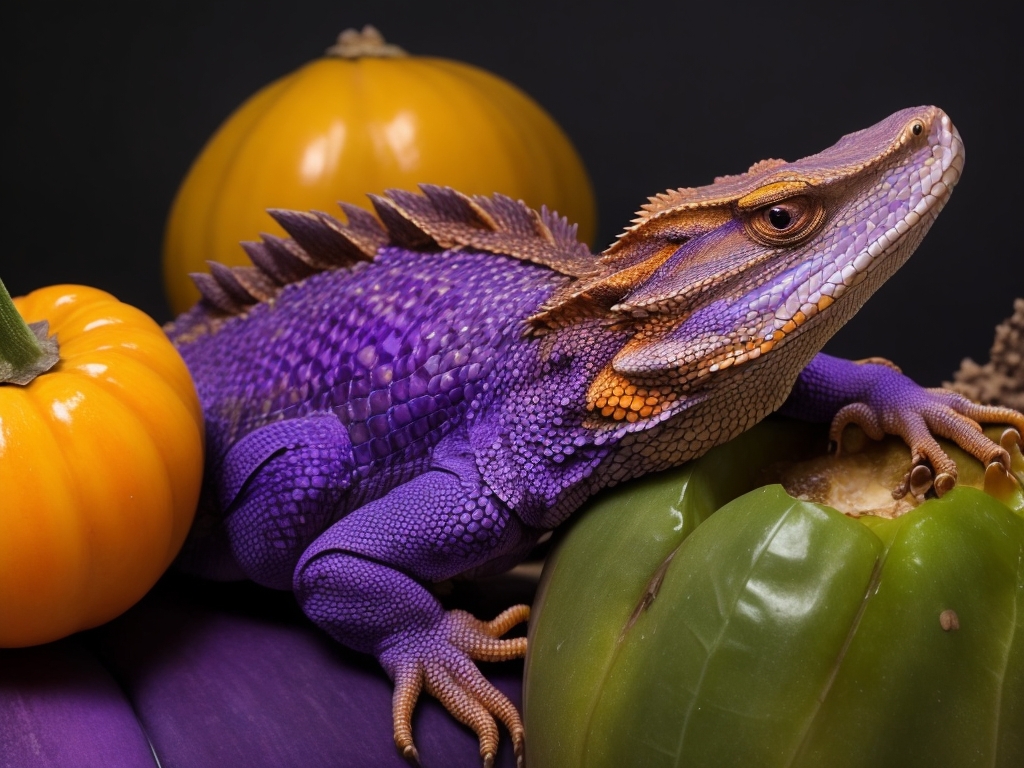Can Birds Eat Popcorn? Safe Snacks for Your Feathered Friends
You’re tossing a handful of popcorn into your mouth during movie night when a little feathered friend catches your eye. Can your winged companions share this snack with you? It’s a common question among bird owners and nature enthusiasts alike.
The Popularity of Popcorn
When you think of snacks that epitomize shared experiences, popcorn is often at the top of the list. This puffy, salty treat has found its way into cultural rituals, from movie theaters to sports events, solidifying its status as a go-to snack. It’s not just the salty crunch people love; there’s a certain nostalgia attached to popcorn that spans generations.
What makes popcorn truly stand out is its versatility. You can enjoy it plain, sweetened with a touch of sugar or honey, or drenched in decadent butter. The transformations are endless, and so are the occasions for indulging. Whether you’re cozied up for a movie night at home or out at a festive fair, popcorn is often the snack you’ll reach for.
This snack’s universal appeal means it’s the subject of many questions about who else can savor it. Pet owners, especially bird enthusiasts, are eager to know if their feathered companions can partake in this widespread treat. Exploring the answer to this question requires a deep dive into the dietary needs and restrictions of birds.
Popcorn Consumption Trends
| Year | Popcorn Sales (in billions) |
|---|---|
| 2018 | 1.1 |
| 2019 | 1.2 |
| 2020 | 1.5 |
These figures highlight not only the growth in popcorn’s popularity but also signify an increasing interest in snacking trends. As more people look for convenient, comforting foods, popcorn’s role in daily life becomes ever more prominent.
Understanding the popularity of popcorn helps to put into perspective the curiosity around its safety for birds. If you’re a bird owner, your inclination to share this beloved snack is natural, but it’s essential to consider the health implications for your avian friends. Before you extend your bowl of popcorn to your pet, it’s prudent to research and understand the specifics of their dietary needs.
Digestive System of Birds
Understanding the digestive system of birds is essential when considering what snacks to share with our feathered friends. Birds’ digestive tracts are remarkably different from humans and it’s important for you to recognize these distinctions to ensure their safety and health.
Primarily, most birds have a high metabolism. This means they process food quickly, which allows them to be light enough for flight. The bird digestive system is a streamlined pathway that includes the beak, esophagus, crop, stomach, gizzard, intestines, and cloaca. Each part plays a pivotal role in breaking down food properly.
Let’s take a closer look. First, the bird’s beak crushes the food. Then, it travels down the esophagus to the crop, where it’s stored and moistened. Next, the food reaches the proventriculus, or glandular stomach, where digestive enzymes start to break it down. Then, in the gizzard, food gets ground up further, often aided by ingested grit or small stones that act like teeth would in other animals.
Here’s what’s fascinating: Certain species, like doves and pigeons, produce a nutritious secretion called “crop milk” that they feed to their young. This just exemplifies the uniqueness of avian digestion.
Birds also absorb nutrients and water in their small intestines. Unlike mammals, their waste solidifies in the cloaca before being expelled. It’s critical to note that because birds have such efficient digestive systems, they’re more sensitive to dietary changes and potentially harmful substances.
When it comes to snacking, it’s not just about whether they can eat something like popcorn —it’s also about how it affects their delicate digestive system. Stick to foods that suit their nutritional needs and always remove any unpopped kernels that could pose a choking hazard or cause blockages in their digestive tract. Remember, what works for humans doesn’t always work for birds. Choose snacks wisely to keep your feathered companions both happy and healthy.
What Happens if Birds Eat Popcorn?
When you decide to share some popcorn with your feathered friends, several outcomes are possible. Birds’ digestive systems, as previously discussed, are unique. So when birds consume popcorn, their bodies process it differently than humans.
If the popcorn is air-popped and free of butter and salt, it’s generally safe for birds in small quantities. Air-popped popcorn is low in calories and contains trace amounts of minerals, which can benefit a bird’s diet. However, if the popcorn is coated with butter, salt, or other flavorings, it can be unhealthy for birds. These added toppings are not only hard for birds to digest but can also lead to long-term health issues like obesity and an imbalance in nutrient intake.
Sometimes, feeding birds popcorn might lead to unforeseen issues. Unpopped kernels are notably hazardous as they can be too hard for birds to break down, posing a threat of choking or causing a blockage in their digestive tract. Even pieces of popped popcorn can be too large and might need to be broken down into smaller, bite-sized chunks to ensure they are safe for birds to ingest.
While occasional treats are fine, it’s vital to maintain the bulk of a bird’s diet as species-specific formulated feeds. These feeds are designed to meet all their nutritional requirements, whereas popcorn should only be a modest part of their overall intake.
Remember, birds thrive on a varied diet that includes seeds, fruits, and insects. When considering something like popcorn, it’s best provided as an occasional treat rather than a staple. Bear in mind the potential risks and always opt for the healthiest version—plain, air-popped, and in moderation. Your avian companions’ health and longevity will largely depend on how well their diet meets their complex nutritional needs.
Monitoring how your birds react to new foods like popcorn can help you understand their preferences and any digestive reactions they might have. Always observe your birds for any signs of distress or discomfort after introducing new snacks. If you notice any problematic symptoms, it would be wise to eliminate popcorn from their snack list.
Nutritional Value of Popcorn
Popcorn carries a surprising nutritional punch for such a light and fluffy snack. When you give birds plain, air-popped popcorn, you’re actually offering them a treat that’s rich in several key nutrients. Whole grain popcorn provides dietary fiber that aids in digestion, ensuring your feathered friends keep a healthy gut. It’s also a good source of antioxidants like polyphenols, which contribute to overall health.
In comparison with other snack foods, popcorn offers a unique set of vitamins and minerals. For instance, it contains B vitamins that support bird metabolism and energy levels. Minerals such as magnesium, potassium, and zinc are crucial for nerve function, muscle health, and immune response respectively. Here’s a look at the nutritional breakdown for plain, air-popped popcorn:
| Nutrient | Amount per 1 ounce |
|---|---|
| Calories | 106 |
| Protein | 3g |
| Fat | 1.2g |
| Carbohydrates | 22g |
| Fiber | 4g |
| Magnesium | 36mg |
However, portions are key when offering popcorn to birds. And remember, while popcorn can supplement a bird’s diet with these nutrients, it should not displace specially formulated feeds that are designed to meet all their dietary needs. When considering popcorn as a snack for your bird, choose air-popped varieties without added fats or seasonings to avoid unnecessary health risks.
It’s essential to remain vigilant about the types of popcorn you’re serving. Microwavable popcorns often come with added oils, butter, and salt which are harmful to birds. Instead, opt for making your popcorn at home where you can control what goes into it. By doing so, you ensure your birds reap the nutritional benefits of popcorn without the risks associated with processed varieties. Always introduce new foods slowly and watch for any adverse reactions. This way, you’ll keep your birds singing their happy tunes while they enjoy a safe, tasty treat.
Safe Alternative Snacks for Birds
While popcorn can be a fun treat, you might want to diversify your feathered friend’s snack time. Fresh fruits and vegetables can be a superior choice. They’re not just bursting with essential nutrients; they also provide a variety of flavors and textures that birds enjoy. Consider slicing up some apples, pears, or melon. Remember to remove any seeds and cores, as these can be harmful. Berries are also a fantastic option since they’re easy for birds to eat and are rich in antioxidants.
Leafy greens like spinach or kale chip in as excellent snacks, packed with vitamins A, C, and K. These leafy treats contribute to your bird’s vibrant plumage and overall health. Rinse them thoroughly to remove any potential pesticides. To keep things interesting, rotate the greens you offer, which not only excites your bird but also ensures a wider range of nutrients.
Grains like cooked quinoa, brown rice, or barley offer another dimension to your bird’s diet. They’re full of fiber and important proteins. Make sure these are cooked plain, with no added salts or spices.
Here’s a brief snapshot of some safe bird snacks:
- Fruit: Apples, Bananas, Berries
- Vegetables: Carrot sticks, Cooked Sweet Potato, Peas
- Grains: Plain Cooked Pasta, Brown Rice, Millet
For a more interactive experience, consider bird-safe feeders or toys that allow your bird to forage for these snacks. This stimulates their mind and satisfies their natural foraging instincts.
Incorporating these wholesome snacks into your bird’s diet supports their health and adds excitement to their feeding routine. Monitor their reaction to new foods and consult with your veterinarian if you’re ever unsure about a particular item. Your bird’s individual dietary needs can vary widely, so it’s essential to tailor their diet accordingly. By providing these healthy, safe snacks, you’re ensuring that snack time is deliciously fun and nurturing for your pet.
Conclusion
You’ve got the scoop on popcorn and birds. Remember, moderation is key, and plain, air-popped popcorn is the way to go if you choose to indulge your feathered friends. But don’t stop there—explore the world of bird-friendly snacks that pack a nutritional punch. Fresh fruits, vegetables, and grains aren’t just healthy; they’re a ticket to a vibrant, varied diet for your bird. Keep things interesting with bird-safe feeders and toys, and always stay attentive to how your bird takes to new foods. With these tips, you’re well on your way to ensuring your bird’s meals are as nutritious as they are enjoyable.
- How Much Does a Riding Lawn Mower Weigh? - January 9, 2026
- Can You Park Cars in Your Backyard? - January 3, 2026
- Understanding Drone Overflights and Privacy Concerns - January 3, 2026




